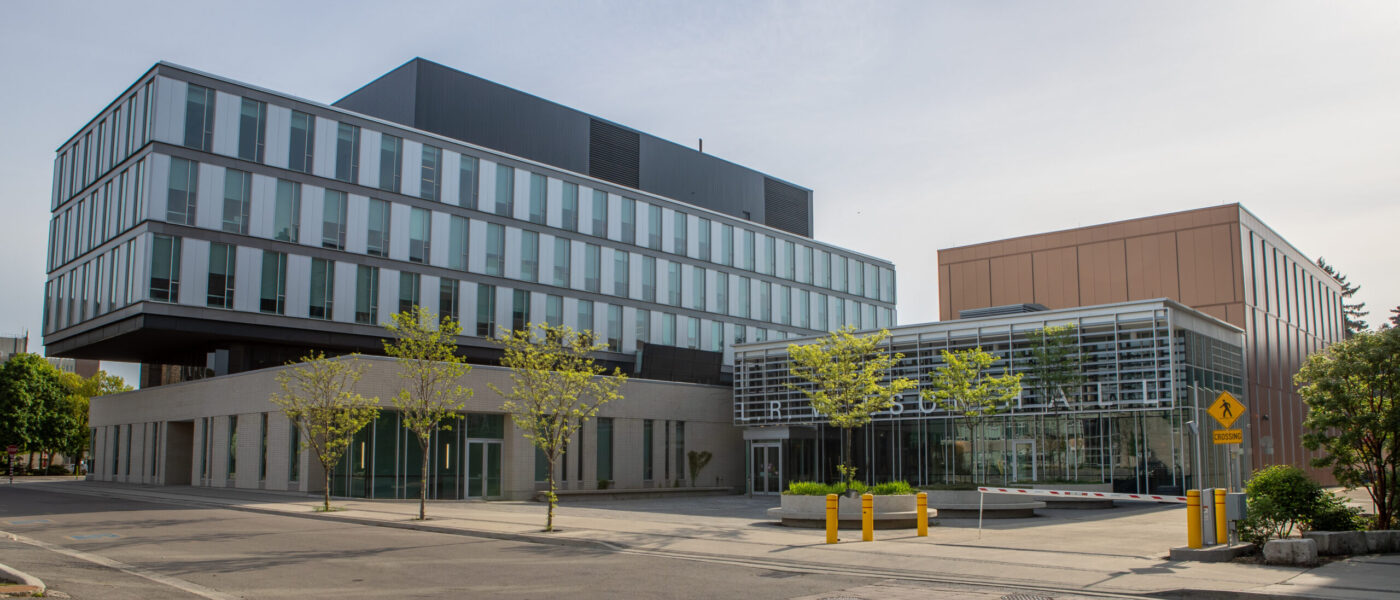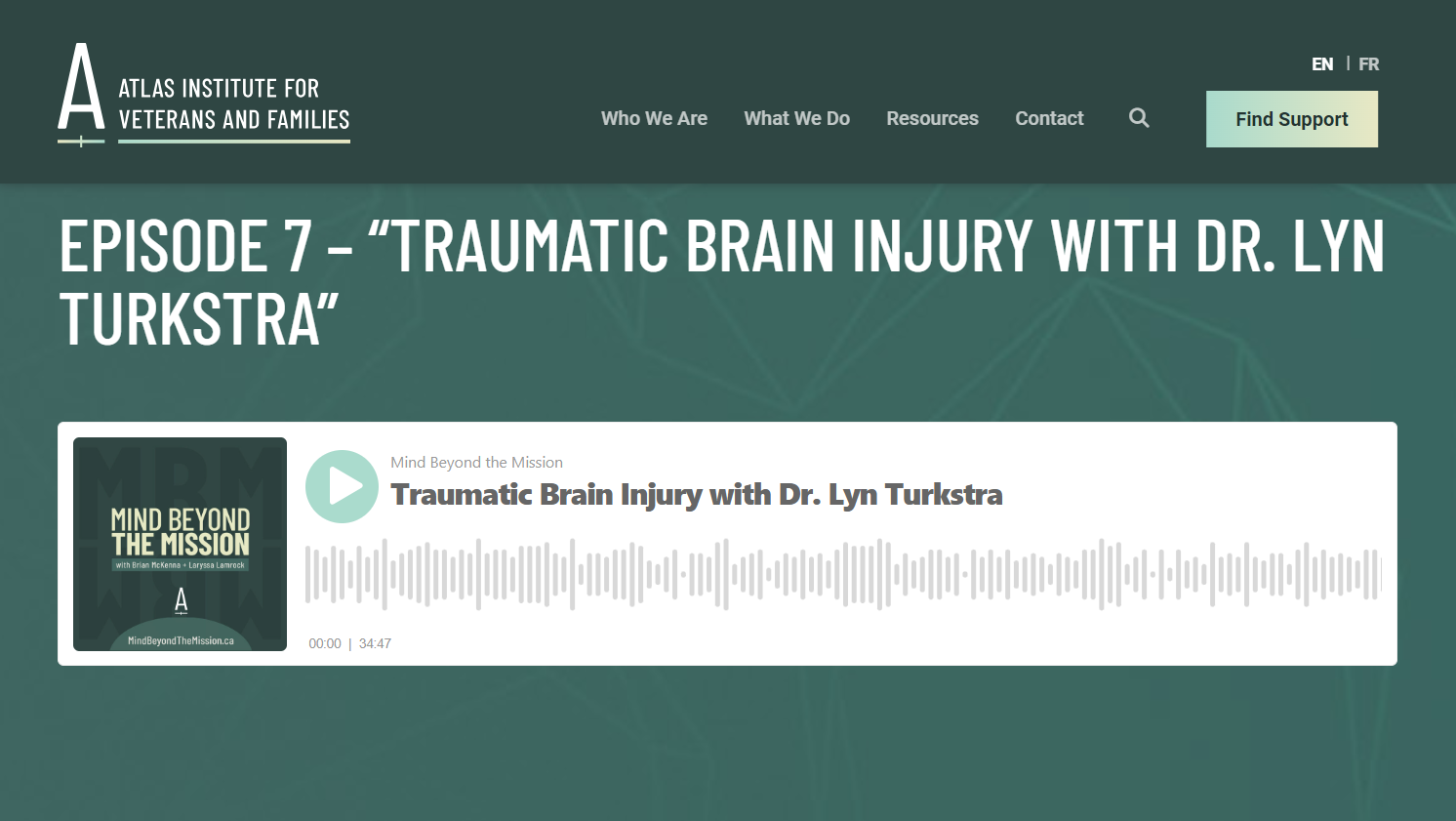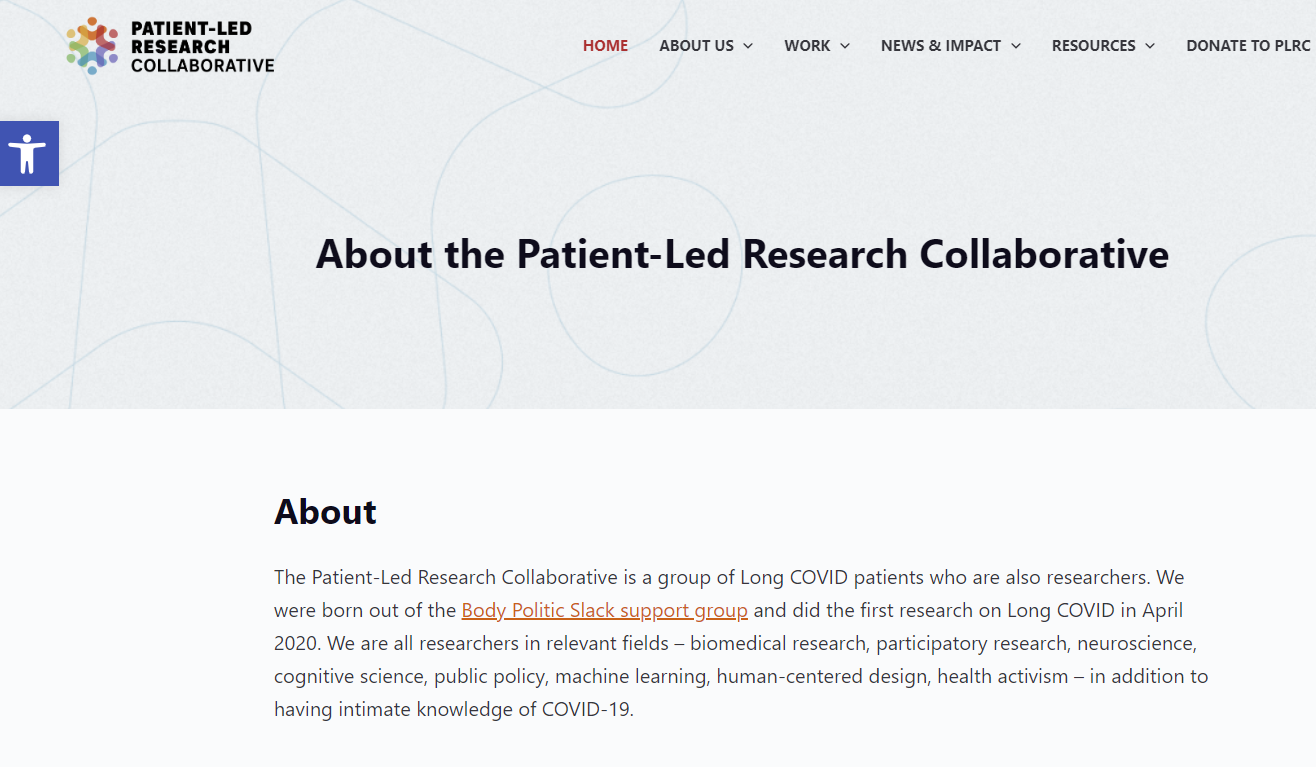Traumatic brain injury (TBI) can have life-changing effects on communication ability, especially communication in social interactions. As a clinical speech-language pathologist, I witnessed the effects of TBI-related communication challenges on patients and their families, and set out to understand those challenges and develop therapy methods to improve communication outcomes. My collaborators are in speech-language pathology, psychology, computer science, neuroscience and law. We have conducted studies ranging from basic experiments showing how adolescents and adults with TBI perceive social cues in words and sentences to qualitative studies of the lived experience of communication challenges after TBI.
Recently, we have shifted our focus to studying treatment for cognitive and communication challenges after TBI. We are studying cognitive rehabilitation for service members and veterans with mild TBI, and asking adults with moderate or severe TBI to try computer applications we developed to overcome barriers to using social media. We also are extending our rehabilitation work to adults with long COVID, who share some features with individuals with TBI but also have unique cognitive and communication challenges.
In all our work, the central principle is that communication is a basic human right. We aim to ensure that individuals with acquired cognitive and communication challenges enjoy that human right and achieve the best possible quality of communication life.





